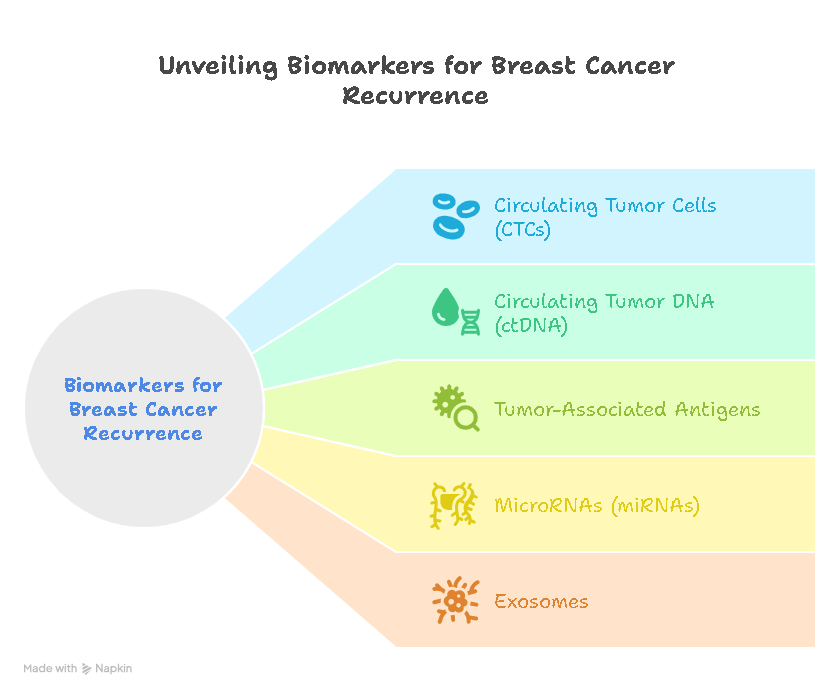The postpartum period, often referred to as the fourth trimester, is a crucial time for mothers as they navigate physical recovery and adjustments to their new role. care after delivery for mother and child Care during this phase is essential not only for the mother’s well-being but also for her ability to care for her newborn. Here’s a comprehensive guide on how to best support and care for mothers after delivery:

Never let anyone dull your sparkle.
Physical Recovery
- Rest and Recovery: Adequate rest is paramount for the mother’s healing process. Encouraging frequent naps and prioritizing sleep during the baby’s sleep cycles can help replenish energy levels and promote faster recovery from childbirth.
- Nutrition: A balanced diet rich in vitamins, minerals, and protein supports healing and boosts energy levels. Emphasize foods high in iron to replenish blood lost during childbirth and include plenty of fruits, vegetables, whole grains, and lean proteins to aid in recovery.
- Hydration: Drinking plenty of water and fluids helps maintain hydration levels, especially important if breastfeeding. Avoiding excessive caffeine and sugary drinks supports overall hydration and health.
- Managing Pain: Depending on the delivery method (vaginal birth or cesarean section), pain management strategies may vary. Follow healthcare provider recommendations for pain relief medications and use ice packs or warm compresses as needed for comfort.
Emotional Well-being
- Postpartum Emotions: It’s normal for mothers to experience a range of emotions after childbirth, from joy and excitement to anxiety and sadness. Open communication with loved ones and healthcare providers about these feelings can provide support and reassurance.
- Seeking Support: Joining postpartum support groups, either in person or online, connects mothers with others experiencing similar challenges. Sharing experiences, concerns, and advice can alleviate feelings of isolation and provide valuable emotional support.
- Bonding with Baby: Establishing a bond with the newborn through skin-to-skin contact, cuddling, and talking fosters emotional attachment and supports the baby’s development. Bonding activities also promote feelings of fulfillment and joy for the mother.
Practical Considerations
- Managing Household Responsibilities: Enlisting support from family members, friends, or hiring help with household chores allows the mother to focus on self-care and bonding with the baby. Prioritizing tasks and accepting offers of assistance can reduce stress and overwhelm.
- Breastfeeding Support: If breastfeeding, seek guidance from lactation consultants or healthcare providers to ensure proper latching, feeding techniques, and milk supply. Addressing breastfeeding challenges early promotes successful breastfeeding and enhances maternal-infant bonding.
- Physical Activity: Gradual reintroduction of gentle exercise, as advised by healthcare providers, supports physical recovery and boosts mood. Activities such as walking, postpartum yoga, or pelvic floor exercises help strengthen muscles and improve overall well-being.
Monitoring Health
- Postpartum Check-ups: Regular follow-up visits with healthcare providers allow monitoring of the mother’s physical and emotional health, healing progress, and any potential complications. Discussing concerns or symptoms ensures timely intervention if needed.
- Birth Control and Family Planning: Discussing birth control options with healthcare providers helps mothers make informed decisions about family planning and spacing pregnancies. Choosing a suitable method supports reproductive health and personal preferences.
Conclusion
Care after delivery is crucial for supporting mothers through the physical and emotional changes of the postpartum period. By prioritizing rest, nutrition, emotional support, and practical assistance, mothers can recover effectively and embrace their new role with confidence and joy. Remember, every mother’s postpartum journey is unique, and seeking guidance from healthcare providers ensures personalized care and support tailored to individual needs. With proper care and support, mothers can navigate this transformative period with resilience, nurturing their own well-being and that of their growing family.
Care After Delivery for Mother
The postpartum period, often referred to as the fourth trimester, is a crucial time for mothers as they navigate physical recovery and adjustments to their new role. Care during this phase is essential not only for the mother’s well-being but also for her ability to care for her newborn. Here’s a comprehensive guide on how to best support and care for mothers after delivery:
Physical Recovery
- Rest and Recovery: Adequate rest is paramount for the mother’s healing process. Encouraging frequent naps and prioritizing sleep during the baby’s sleep cycles can help replenish energy levels and promote faster recovery from childbirth.
- Nutrition: A balanced diet rich in vitamins, minerals, and protein supports healing and boosts energy levels. Emphasize foods high in iron to replenish blood lost during childbirth and include plenty of fruits, vegetables, whole grains, and lean proteins to aid in recovery.
- Hydration: Drinking plenty of water and fluids helps maintain hydration levels, especially important if breastfeeding. Avoiding excessive caffeine and sugary drinks supports overall hydration and health.
- Managing Pain: Depending on the delivery method (vaginal birth or cesarean section), pain management strategies may vary. Follow healthcare provider recommendations for pain relief medications and use ice packs or warm compresses as needed for comfort.
Emotional Well-being
- Postpartum Emotions: It’s normal for mothers to experience a range of emotions after childbirth, from joy and excitement to anxiety and sadness. Open communication with loved ones and healthcare providers about these feelings can provide support and reassurance.
- Seeking Support: Joining postpartum support groups, either in person or online, connects mothers with others experiencing similar challenges. Sharing experiences, concerns, and advice can alleviate feelings of isolation and provide valuable emotional support.
- Bonding with Baby: Establishing a bond with the newborn through skin-to-skin contact, cuddling, and talking fosters emotional attachment and supports the baby’s development. Bonding activities also promote feelings of fulfillment and joy for the mother.
Practical Considerations
- Managing Household Responsibilities: Enlisting support from family members, friends, or hiring help with household chores allows the mother to focus on self-care and bonding with the baby. Prioritizing tasks and accepting offers of assistance can reduce stress and overwhelm.
- Breastfeeding Support: If breastfeeding, seek guidance from lactation consultants or healthcare providers to ensure proper latching, feeding techniques, and milk supply. Addressing breastfeeding challenges early promotes successful breastfeeding and enhances maternal-infant bonding.
- Physical Activity: Gradual reintroduction of gentle exercise, as advised by healthcare providers, supports physical recovery and boosts mood. Activities such as walking, postpartum yoga, or pelvic floor exercises help strengthen muscles and improve overall well-being.
Monitoring Health
- Postpartum Check-ups: Regular follow-up visits with healthcare providers allow monitoring of the mother’s physical and emotional health, healing progress, and any potential complications. Discussing concerns or symptoms ensures timely intervention if needed.
- Birth Control and Family Planning: Discussing birth control options with healthcare providers helps mothers make informed decisions about family planning and spacing pregnancies. Choosing a suitable method supports reproductive health and personal preferences.
Conclusion
Care after delivery is crucial for supporting mothers through the physical and emotional changes of the postpartum period. By prioritizing rest, nutrition, emotional support, and practical assistance, mothers can recover effectively and embrace their new role with confidence and joy. Remember, every mother’s postpartum journey is unique, and seeking guidance from healthcare providers ensures personalized care and support tailored to individual needs. With proper care and support, mothers can navigate this transformative period with resilience, nurturing their own well-being and that of their growing family.
“Dear Readers,
We, the authors, are seasoned medical practitioners with over 25 years of collective experience. The care tips and suggestions provided in this content are intended to offer general advice for promoting health. However, it is crucial to understand that every individual is unique, and what works for one person may not be suitable for another.
While our recommendations focus on natural and general care practices, we strongly advise you to consult with your family doctor or a qualified healthcare professional before incorporating any specific medications, chemicals, or advanced treatments into your care routine. Your family doctor can provide personalized advice based on your medical history, type, and potential sensitivities.
Our goal is to empower you with knowledge for healthier you, but individualized medical guidance is paramount for ensuring safe and effective care practices. Always prioritize your health and seek professional advice for any concerns.
Best regards,
dr. MAAS
director digital healthcare
COSMOCARE
preventadisease@gmail.com
powerofprevention@outlook.com











Leave a Reply